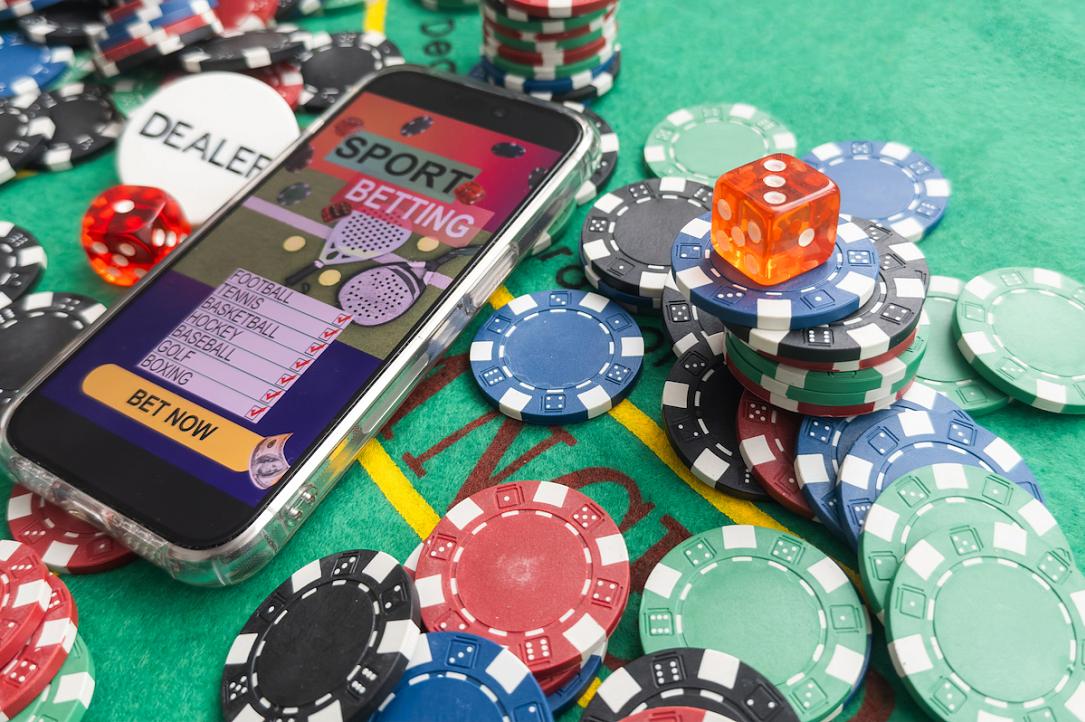
Best ways to maximize poker
If you’re looking to take your poker game to the next level, there are countless strategies and techniques you can utilize. Whether you’re a beginner just starting out or a seasoned pro, enhancing your skills and understanding of the game is vital. In this article, we will explore the best ways to maximize poker, giving you insights and strategies that can improve your gameplay and overall experience. Additionally, if you’re looking for an online platform to practice and hone your skills, consider checking out the Best ways to maximize poker 1xbet apk, which offers a great environment for poker enthusiasts.
Understand the Basics
Before diving into advanced strategies, it’s essential to have a strong grasp of the fundamentals. Understand the rules of the game, different types of poker, hand rankings, and betting structures. Familiarize yourself with terms like blinds, ante, pot odds, and implied odds. Ensuring a solid foundation will allow you to make informed decisions as you progress in your poker journey.
Master the Art of Bluffing
Bluffing is a crucial skill in poker that can lead you to victory if executed properly. It’s essential to know when to bluff and when to fold. Effective bluffing involves understanding your opponents and recognizing their playing styles. If you’ve noticed that a particular player is overly cautious, you may have an opportunity to bluff them out of a pot. Keep in mind that bluffing too frequently can lead to predictable behavior, so it’s important to balance your playing style.
Learn to Read Your Opponents
Being able to read your opponents is an invaluable skill in poker. Observe their betting patterns, body language, and reactions during hands. Taking notes can help you recall specific tendencies when you sit down with them again. Are they aggressive or passive? Do they play lots of hands or only premium cards? Understanding these nuances can give you a significant edge during play.
Bankroll Management
Effective bankroll management is vital for long-term success in poker. Determine your total bankroll and set limits on how much you’re willing to invest in each session. A common rule of thumb is to have at least 20-30 buy-ins for the level you wish to play. By managing your bankroll wisely, you can weather the ups and downs of the game without going broke.
Practice, Practice, Practice
The more you play, the better you become. Consider entering online cash games or tournaments to gain experience. Many poker websites offer low-stakes games that can help you sharpen your skills without risking significant amounts of money. Moreover, reviewing your hands after each session can provide insights into your decisions and areas for improvement.

Utilize Online Resources
There are numerous online resources available for poker players. Websites, forums, and video tutorials can provide tips from professional players and experienced amateurs alike. Engage with the community by participating in discussions and asking for feedback on your gameplay. Additionally, consider using poker tracking software to analyze your performance over time.
Focus on Position
Your position at the poker table can greatly influence your strategy. Being in a late position allows you to see how your opponents act before you make your decision, providing valuable information. Conversely, playing in an early position means you’ll need to be more selective with your hands. Adjust your strategy based on your table position to maximize your chances of winning.
Develop a Solid Strategy
A well-centered strategy is critical for consistent winnings in poker. Develop a range of hands you will play from each position and stick to it. Understand when to raise, call, or fold based on your hand strength and the situation at hand. Additionally, adjust your strategy based on the type of game you’re playing—tournaments, cash games, or sit-and-gos—each requires different approaches.
Emotional Control and Mental Toughness
Poker can be an emotional game, particularly when you experience bad beats or lose significant pots. It’s essential to maintain emotional control to prevent tilt, which can lead to poor decision-making. Take breaks when needed, and practice mindfulness techniques to improve your focus. Remember, successful poker players are not only skilled but also mentally resilient.
Continuous Learning
Poker is a game of incomplete information, and the landscape constantly changes as new strategies and techniques develop. To stay ahead of the game, always be on the lookout for new learning opportunities. Attend poker seminars, read books written by professional players, and watch instructional videos. The more knowledge you acquire, the more your game will improve.
Final Thoughts
Maximizing your poker game requires a combination of skill, strategy, and continuous learning. By understanding the fundamentals, mastering the art of bluffing, managing your bankroll, and utilizing available resources, you can enhance your gameplay significantly. Remember, poker is as much about playing the players as it is about playing the cards. Focus on developing a well-rounded approach and watch your poker skills grow.
